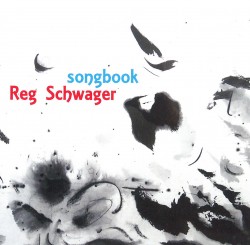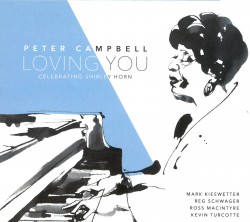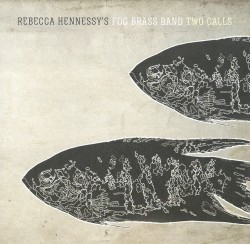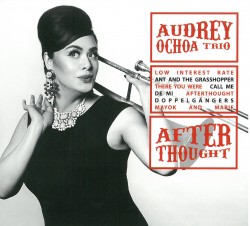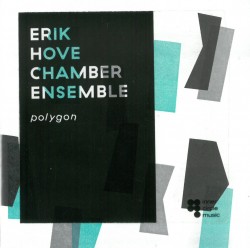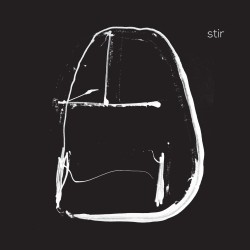Symphony No.106 - Musica Elettronica Viva
 Symphony No.106
Symphony No.106
Musica Elettronica Viva
Victo cd 129 (victo.qc.ca)
A milestone itself, Symphony No.106 captures one of the infrequent regroupings of Musica Elettronica Viva (MEV), almost 40 years after its three founders – Alvin Curran, Frederic Rzewski and Richard Teitelbaum – organized it in Rome. Recorded at last year’s Festival International du Musique Actuelle du Victoriaville in Quebec, the 62-minute piece is scarcely anyone’s idea of a twilight leave-taking. Pioneers of electronic interface and non-jazz-sourced improvisation, the three sophisticatedly adapt computer processing and patches plus multi-keyboard crackles and jiggles to their own ends. Like modernist printers who also use precision hand presses for certain projects, the single track’s narration at one point is given mournful fillip by blasts from the furthest reaches of Curran’s shofar, while connecting motifs are produced by processional melodies from Rzewski’s piano.
Moving at points from stately to squiggly to swift, processing allows this symphony to include sonorous amplifications and contrapuntal interruptions. These sequences sprinkle references to accordion-like slurs, percussion-power and aviary-twittering projectile-like explosions, as well as interpolated, but distant, pre-recorded male and female voices of different ages speaking a variety of languages. Like elders impressing children by knowing the latest dance steps, MEV adds some electronic funk-like samples before a climactic piano part that’s half-anthemic and half Born Free. While sampled timbres of Galician davening blend with processed drones, Rzewski recounts a story of how Cossacks unexpectedly attacked his grandfather in 1914, linking the act to the present time. Point made, waveform synthesis and a Broadway-like melody alongside thick piano chording relax into a distanced finale.


